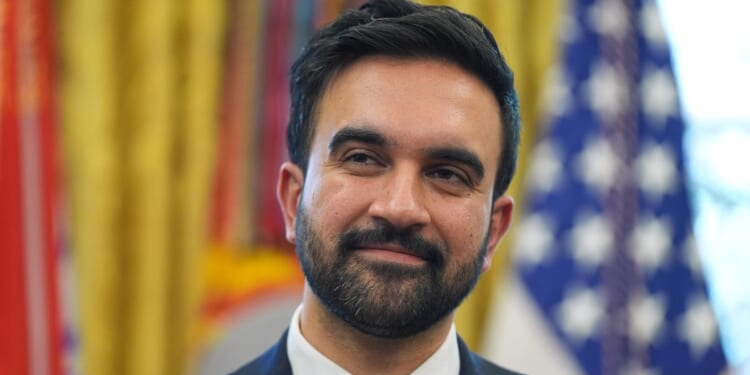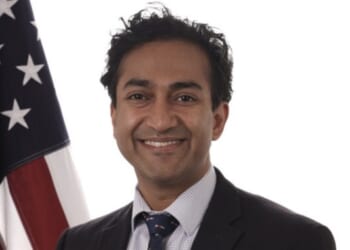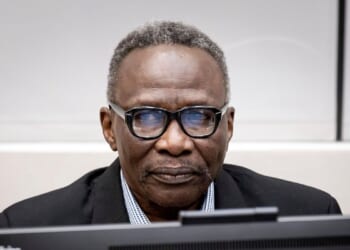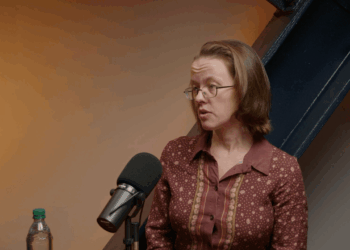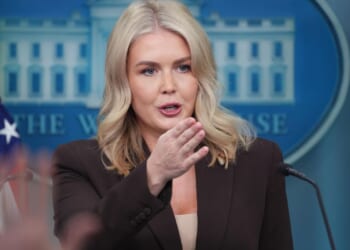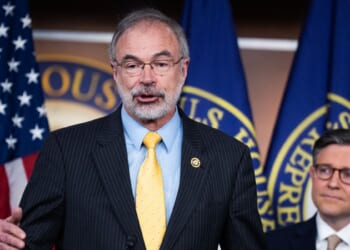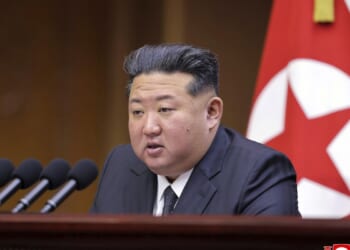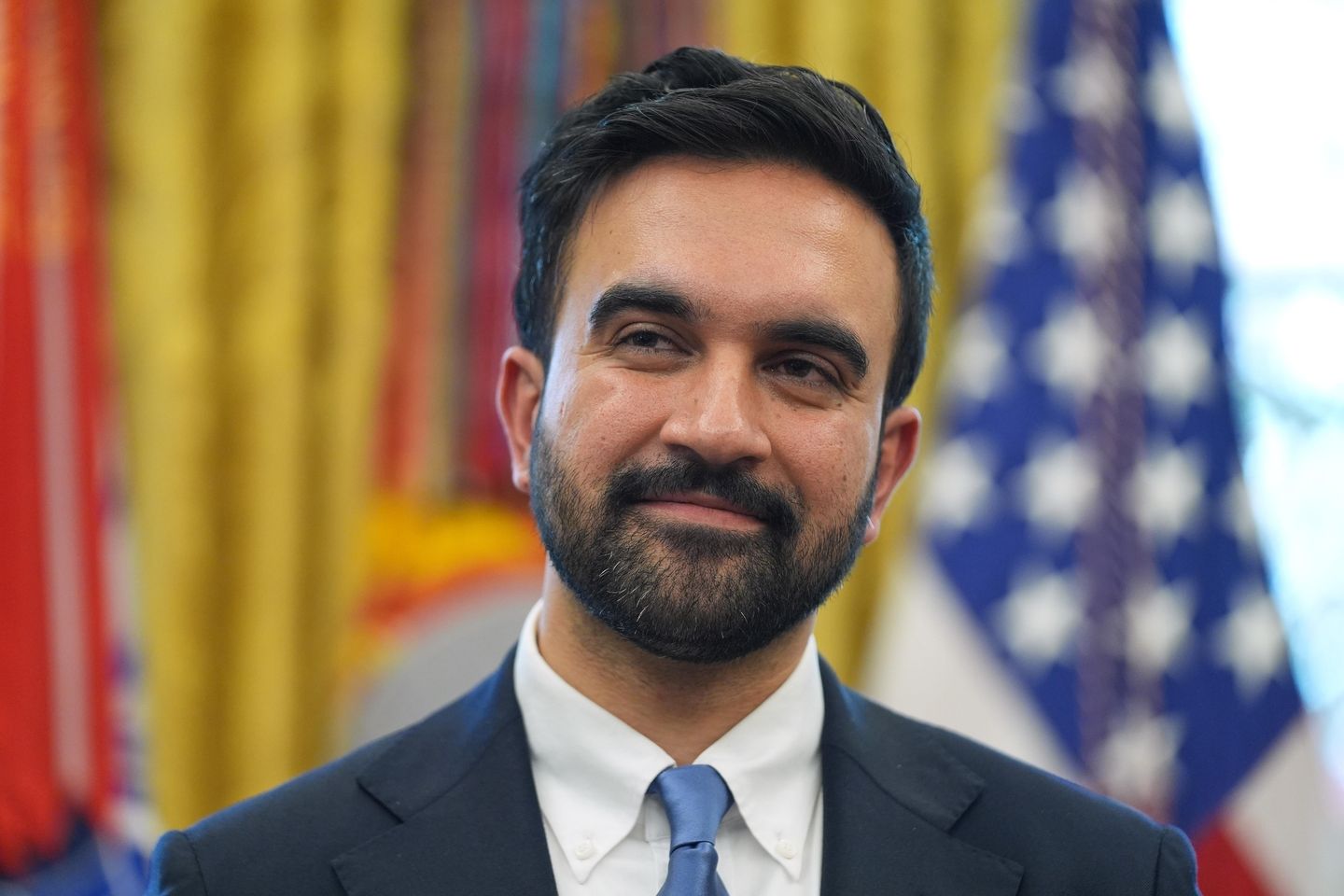
The 2025 election may well be remembered as a turning point for Muslim representation in American politics.
In New York City, Zohran Mamdani broke barriers by becoming the city’s first Muslim mayor-elect. In Virginia, Ghazala Hashmi’s victory in the lieutenant governor’s race marked another milestone — the first time a female Muslim candidate has won statewide office in the United States.
The numbers tell the story: Of the 76 Muslim candidates on the ballot this fall, 38 emerged victorious, according to the Council on American-Islamic Relations.
For David Dulio, political science professor at Wayne State University, the rise in Muslim leaders is part of a broader trend.
“It usually starts at the lower levels, but it’s clearly becoming more mainstream — top-of-the-ticket stuff,” he said.
The trend echoes earlier chapters in American history when other ethnic and religious minority groups — from the Italians to the Irish and the Poles — reshaped American politics and power structures.
Mr. Dulio said Muslim Americans are now doing the same: injecting different perspectives into old debates, over everything from foreign policy to cultural identity, and challenging the status quo.
Ms. Hashmi framed her victory in Virginia as proof that “a child’s name, a family’s personal struggles, and a community’s identity are not barriers to belonging.”
“I have been deeply moved by the responses from those with diverse backgrounds and faith traditions who now feel a renewed sense of hope,” Ms. Hashmi said. “They understand how vital it is to have leaders who share their experiences and know their struggles firsthand, especially in halls of power where my community has never before been represented.”
Muslim momentum has been building for years.
Keith Ellison’s groundbreaking election to Congress in 2006 and his decision to swear on the Quran shocked the sensibilities of some Americans and marked a turning point.
Since then, Muslim leaders have steadily climbed up the ladder: Mr. Ellison became Minnesota’s attorney general, four Muslim members, all Democrats, serve in Congress, and others are vying to become the first Muslim to be elected to the U.S. Senate.
Campaigns are taking notice.
President Trump leaned into Muslim outreach during his 2024 run, courting leaders in Michigan and making inroads in Dearborn and Hamtramck — the country’s only Muslim-majority cities.
It was a reminder of how the gap in Muslim support for the two major parties is narrowing, according to Pew Research, which says 53% of Muslims identify as Democrat, and 42% as Republican.
The split reflects complex priorities.
Many Muslims align with Democrats on issues such as immigration and diversity, but lean Republican on family values and social conservatism, including in their opposition to transgender ideology.
Foreign policy has also played a role, particularly in Israel-Palestinian relations.
President Biden’s unwavering support for Israel alienated many Muslim voters, fueling movements like “Uncommitted” in Michigan that pressured Mr. Biden and the Democratic Party to demand an immediate end to the war in Gaza.
The concerns about Israel’s military actions have also created friction with the Christian right.
It also helped energize candidates such as Mr. Mamdani, who denounced Israel’s military campaign in Gaza as genocide and pledged to uphold the International Criminal Court’s warrant against Israeli Prime Minister Benjamin Netanyahu for war crimes if he sets foot in New York.
Yet Mr. Mamdani, accused by critics of stoking antisemitism, sought to bridge divides on election night, pledging to build a City Hall that “stands steadfast alongside Jewish New Yorkers” while affirming Muslim belonging in the halls of power.
Not everyone is celebrating.
In Texas, the rapid growth of Muslim communities has stirred alarm among conservatives. In Florida, Attorney General James Uthmeier warned that school vouchers were being used to “promote Shariah law,” the Islamic legal and moral code that conflicts with the U.S. Constitution, including the separation of church and state.
Republican lawmakers in Washington introduced the “No Shariah Act” to bar its practice nationwide.
Muslim leaders insist that moves to ban Shariah law are rooted in misunderstanding.
Still, the political ascendency of Muslim Americans is undeniable. As Ms. Hashmi said, “While I’m deeply honored to be the first, I know with certainty that I will not be the last.”

